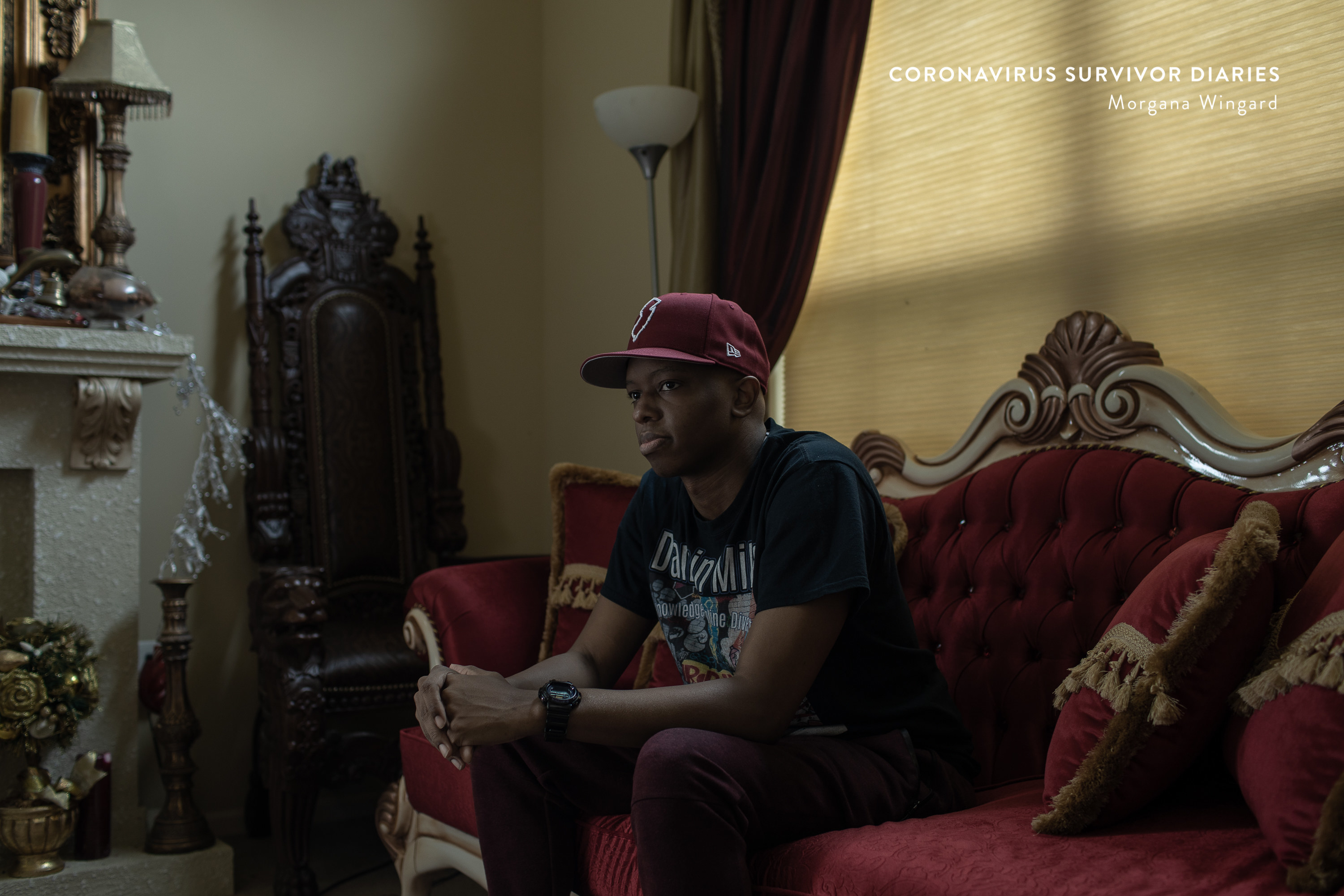
Sign up for the BuzzFeed News newsletter JPG for behind-the-scenes exclusives from renowned photographers and our hard-hitting photo stories.
Photographer Morgana Wingard is a resident of New York City and experienced firsthand the trajectory of COVID-19 as it spread across the city this past spring, infecting 211,000 and killing over 17,000 people there. After reporting on the 2014 Ebola outbreak in West Africa, Wingard took note of the striking parallels between these two crises and how the proliferation of information from those who survived Ebola had helped to further curb the spread of the outbreak.
By late April, New York state was the epicenter of the coronavirus pandemic in the US and had reached a peak infection rate of approximately 250,000 documented cases and some 15,000 deaths. At its peak, over 500 COVID-19 deaths were being reported each day with an additional 1,700 daily hospital admissions.
More than 100 days after this lockdown was first enacted, New York state is no longer the epicenter of the coronavirus pandemic in the US — now it has one of the lowest rates of COVID-19 infections in the country. Meanwhile, states that prematurely eased restrictions on business and movements are now experiencing a surge in new cases. In 21 states across the US, COVID-19 cases are on the rise, with some local health authorities noting an increase in their seven-day average as high as 92%.
To help share vital information and warnings about the dangers of the coronavirus, Wingard started the Coronavirus Survivor Diaries project, an ongoing documentary series that shares the faces and stories of those who have survived COVID-19.
Here, Wingard speaks with BuzzFeed News about how this pandemic mirrors and differs from her experience during the Ebola outbreak in West Africa, as well as the importance of telling the stories of those who have survived.
Jen from Manhattan
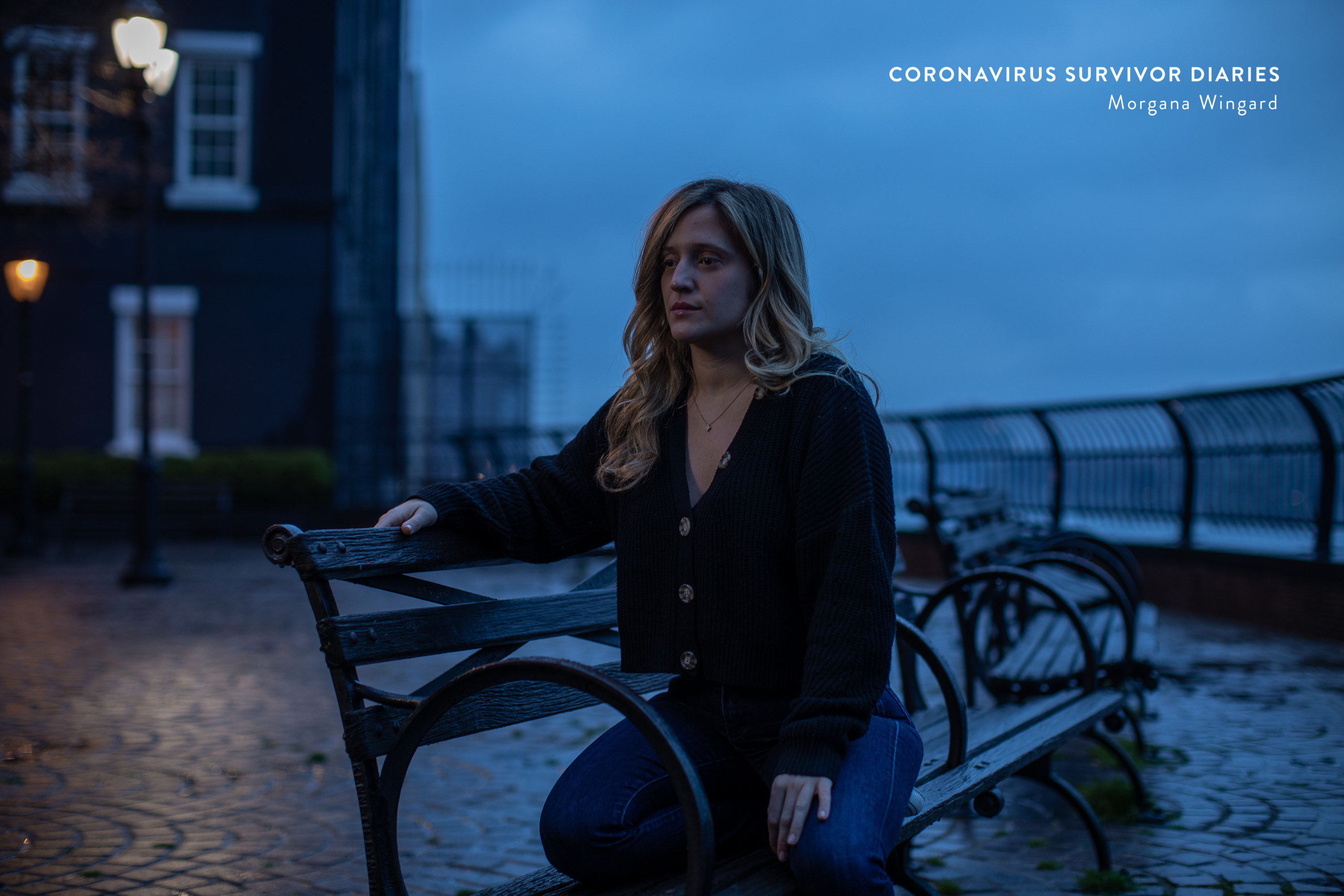
How did the Coronavirus Survivor Diaries project begin?
Morgana Wingard: As COVID-19 began to spread in New York earlier this year, I was eerily reminded of the Ebola outbreak in Liberia in 2014. I had moved there the year before and spent months helping international humanitarian organizations share their stories of social impact. After most of my friends were evacuated when Ebola spread to the capital in the summer of 2014, I stayed for several more months dominated by a virus that fueled uncertainty, fear, fake news, and phony remedies — much like the environment today.
I learned more than I ever expected about epidemiology, responding to an unprecedented medical emergency, and the critical impact of communication in such a situation. It was one of the hardest times in my life, but I wouldn’t take it back for the world because of what I learned. As an unexpected witness, I observed what didn’t work. But then I discovered what did.
My biggest takeaway was that survivors have a critical role to play in an outbreak. In fact, many of the answers that we seek can be found in the survivors — both in their bodies and in their stories. Then, just as now, people needed to hear from people they know and trust so that humanitarian organizations could work with survivors to pass on vital information to warn, educate, and encourage their communities that Ebola is real, what they can do to protect themselves, and what to do if someone starts getting sick. Just as importantly, they offered hope in a time gripped by fear.
Dr. Odutola from the Bronx
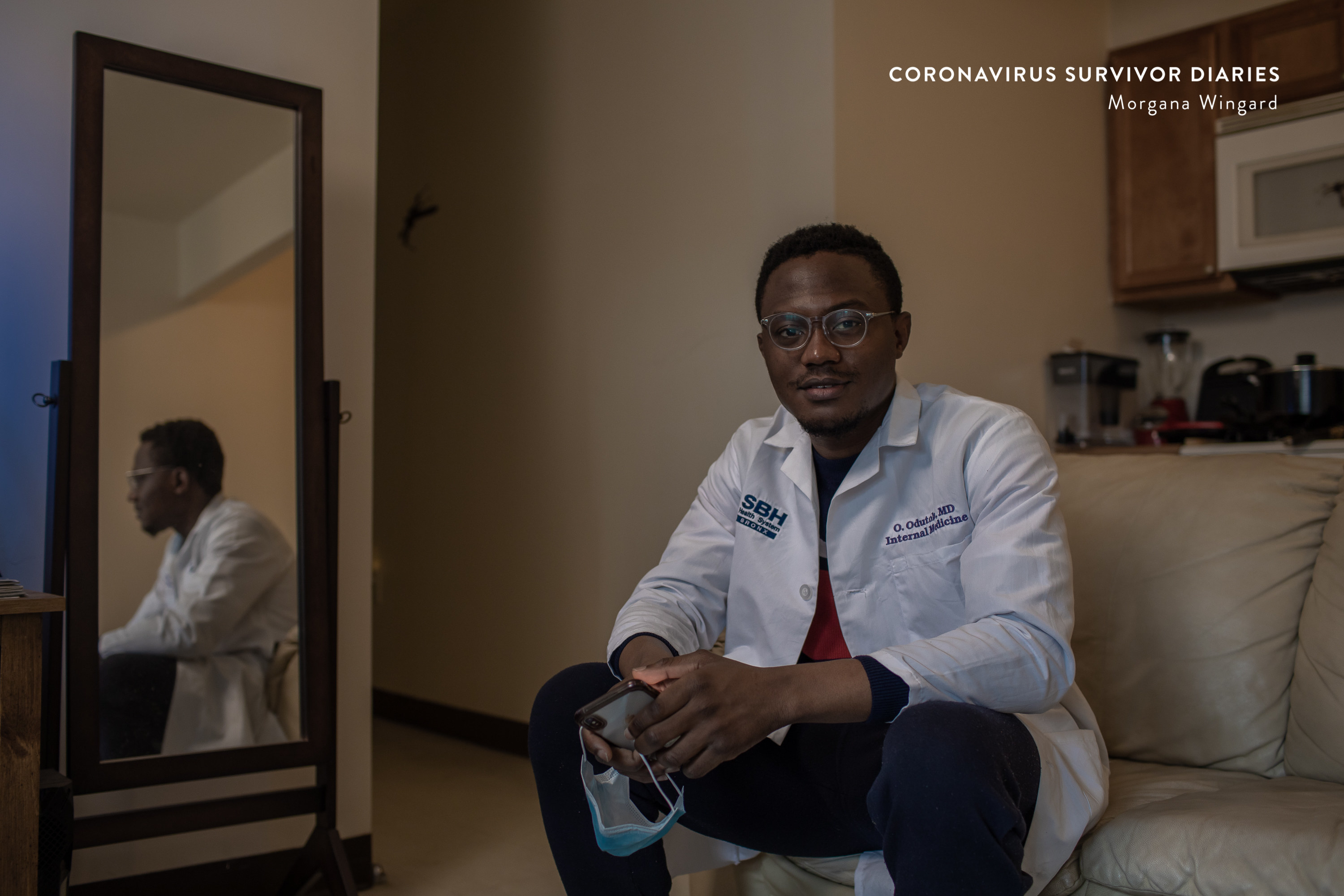
I’m not a first responder who can provide lifesaving care. I’m not a scientist who can develop a vaccine. I’m not a politician who can make important public health decisions. So, it feels like I’m too far removed to be able to make a real difference. I’m just a storyteller. But I believe there’s power in learning from each other's stories. So, when the COVID-19 outbreak began spreading in my current home, New York City, I started this personal project to document and share these important stories through a series of portraits and first-person accounts of COVID-19 survivors that can spread awareness now and document our shared experience for history.
During the Ebola outbreak we had started a project called Ebola Diaries, so I decided to call this project Coronavirus Survivor Diaries.
In your opinion, how does the coronavirus pandemic in the US differ from the Ebola outbreak in Liberia?
The coronavirus pandemic is different from the 2014 Ebola outbreak in West Africa because everyone is experiencing it together. The Ebola outbreak was isolated to three countries on one continent. This virus has spread to six continents and almost no country is untouched. The beautiful thing about that is that everyone is going through this together so there is a level of mutual understanding as we share this experience and in some ways it brings us together.
Melvin from Manhattan
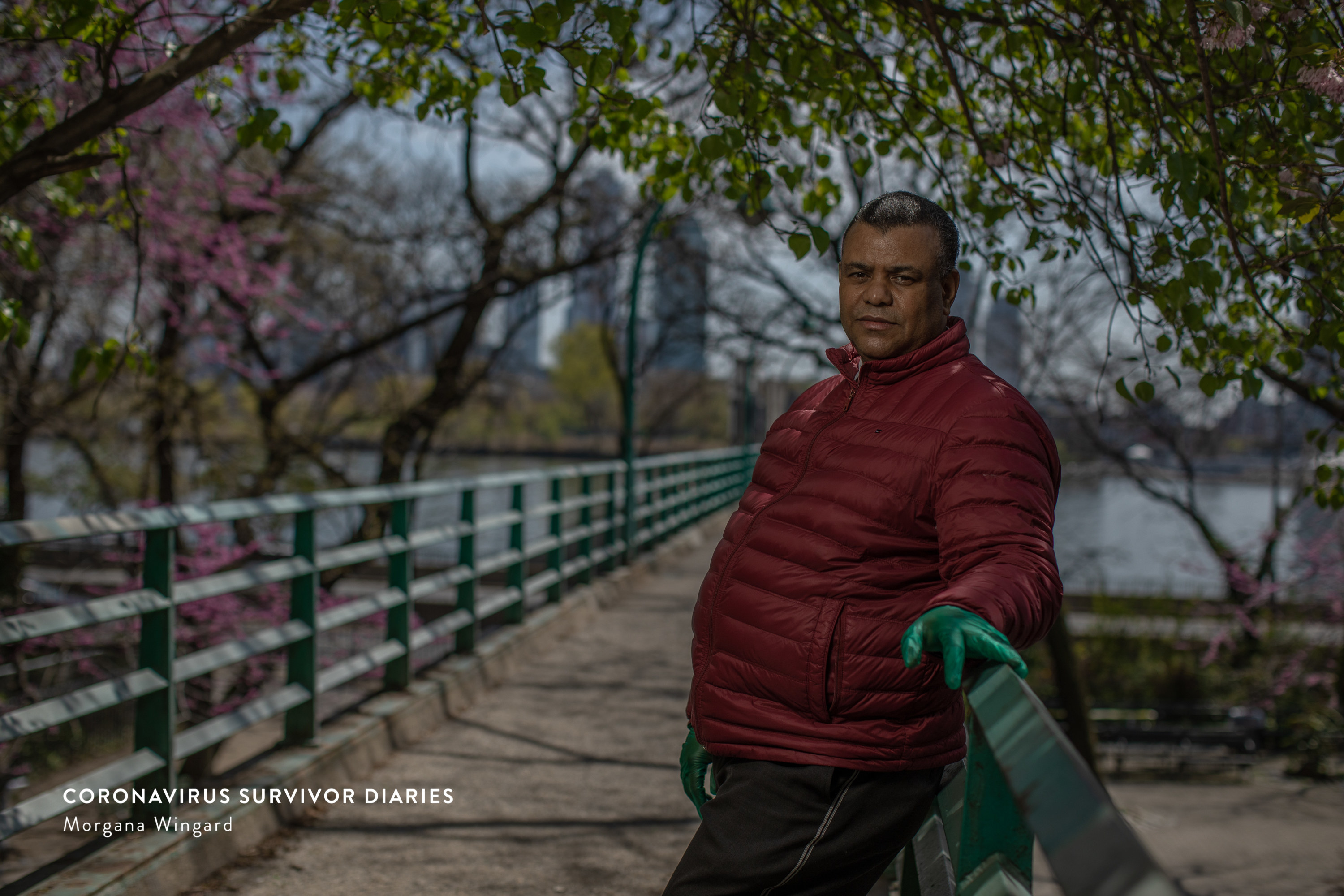
How do you meet these survivors?
I find survivors through various means, but mostly on social media. I’ve been amazed at how open people have been with a complete stranger to tell them the most intimate moments of their COVID journeys and allow them to photograph them — albeit at a safe distance with masks.
Why is it important to tell their stories?
It’s important to tell survivor stories for two reasons. First, many of the answers that we seek can be found in the information that survivors have to share: how it’s contracted, how it spreads, what it does to the body, what helped them heal, how they coped, etc. Second, survivors can warn, educate, and encourage their communities by telling them facts about their experiences that dispel myths and encourage people to take the disease seriously while at the same time giving them hope that they can get through it.
How has your impression of the coronavirus pandemic changed since beginning work on this project?
We were initially told the virus was a respiratory disease. It’s clear from speaking with many survivors that it attacks much more than just the lungs.
I thought that the United States was better prepared to respond to an outbreak. I’ve been surprised at our response. In some ways, African countries have responded far better than we have. Liberia took the threat of this virus extremely seriously. The roles reversed. They quarantined anyone coming into the country from New York before there were any known cases in Liberia. I’m proud of them. I think we can learn a lot from their example.
Tiffany from Harlem
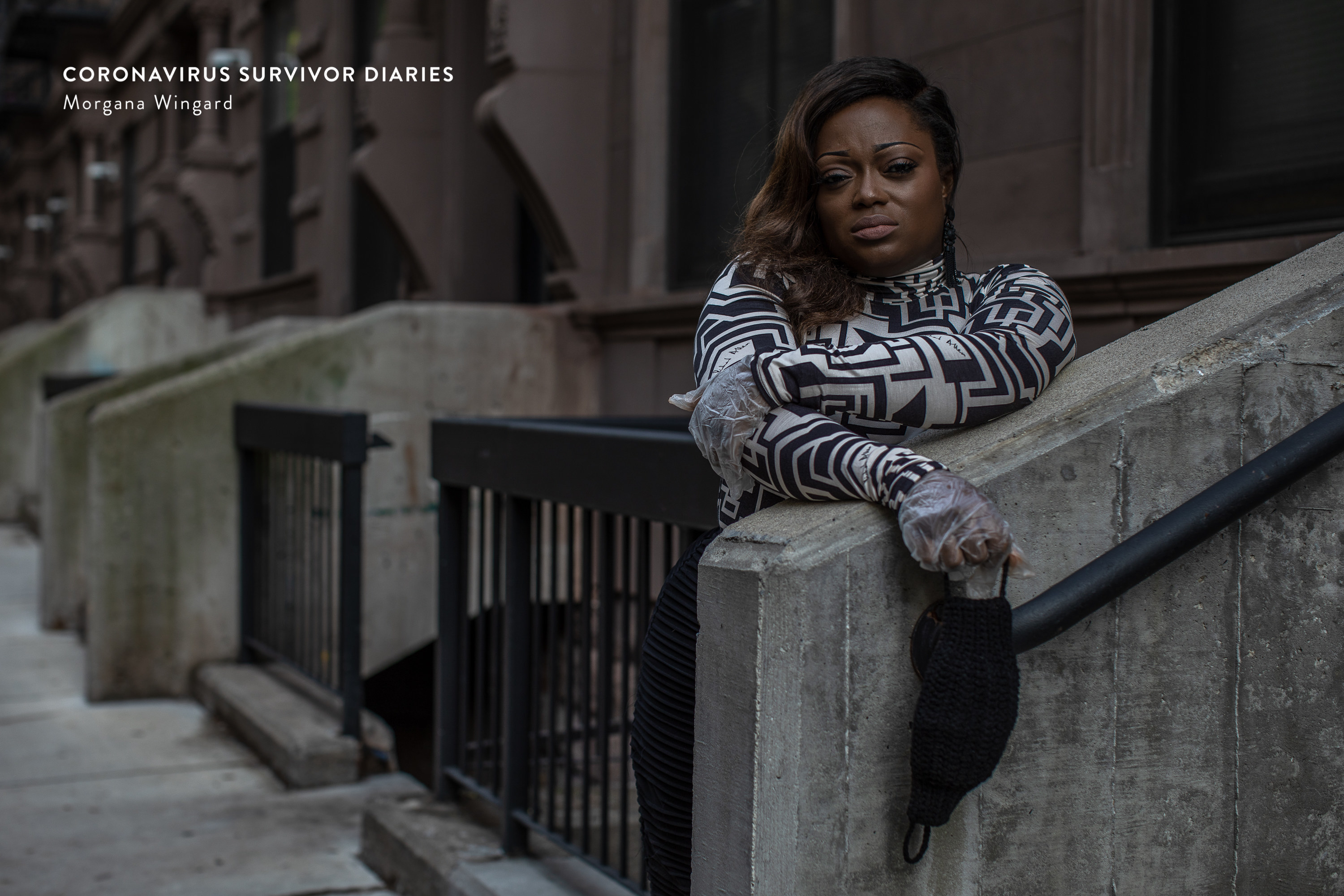
Barbara from Manhattan
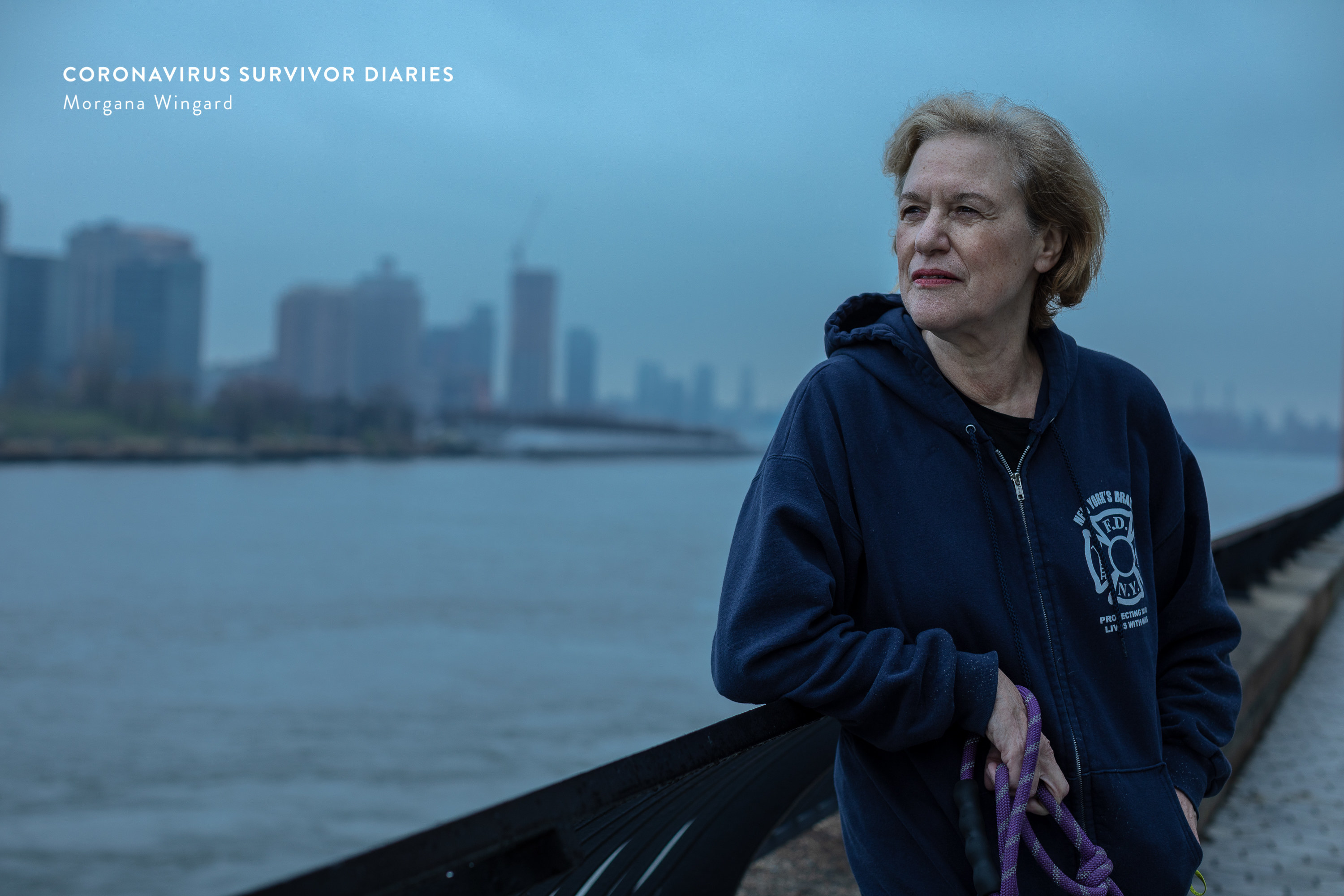
Lucky from the Bronx
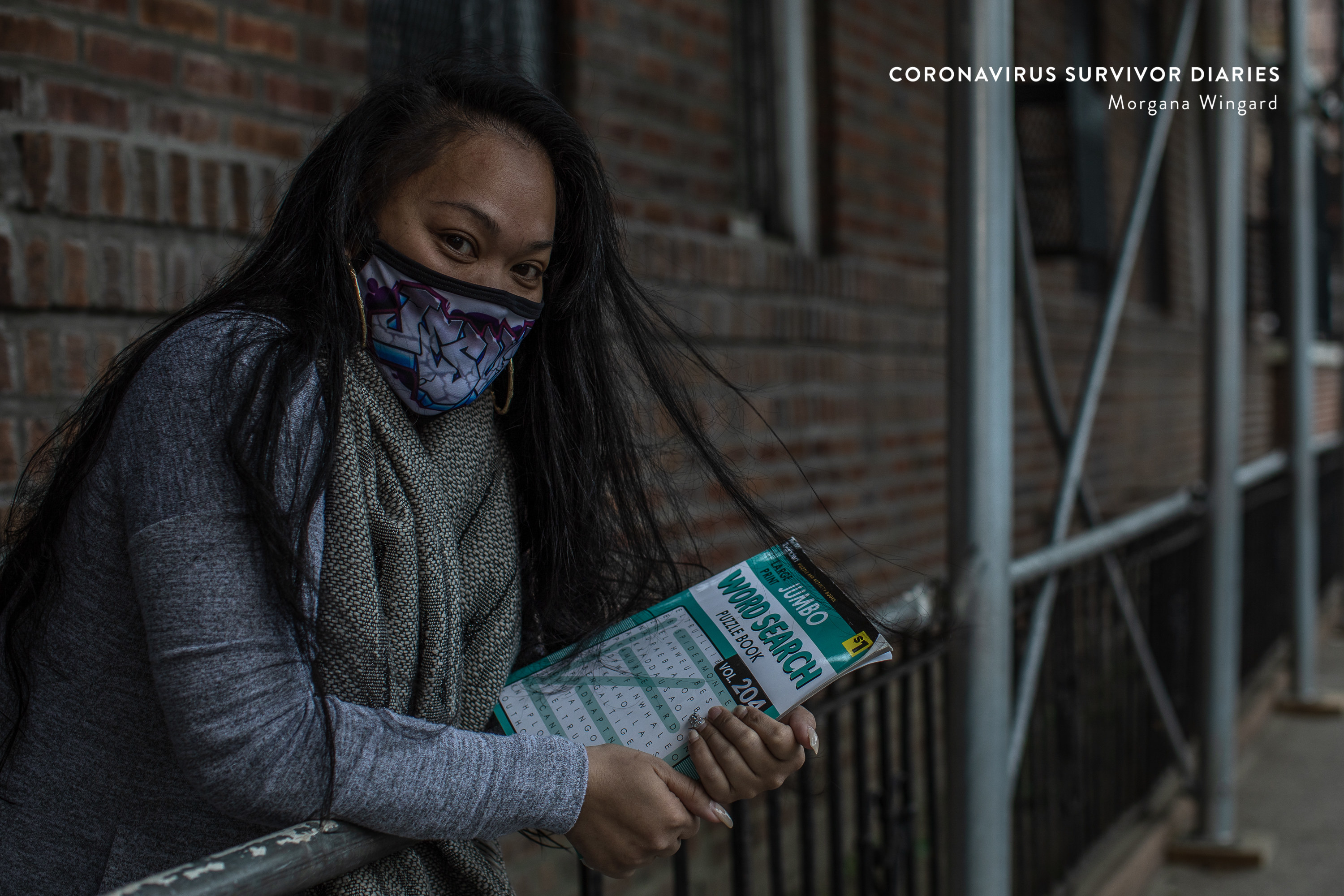
Sandra from New Rochelle, New York
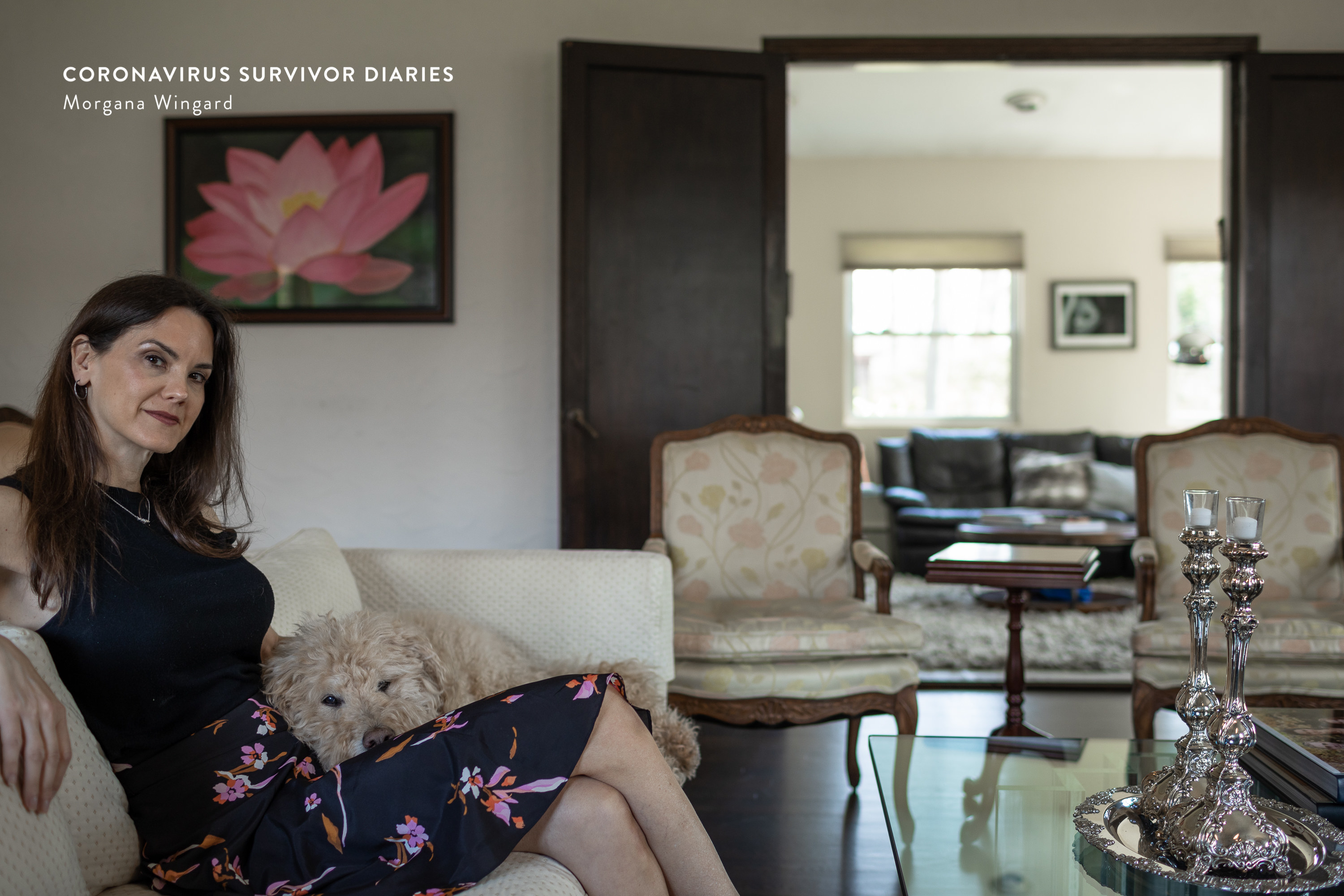
Dr. Joseph Feuerstein from Fairfield County, Connecticut
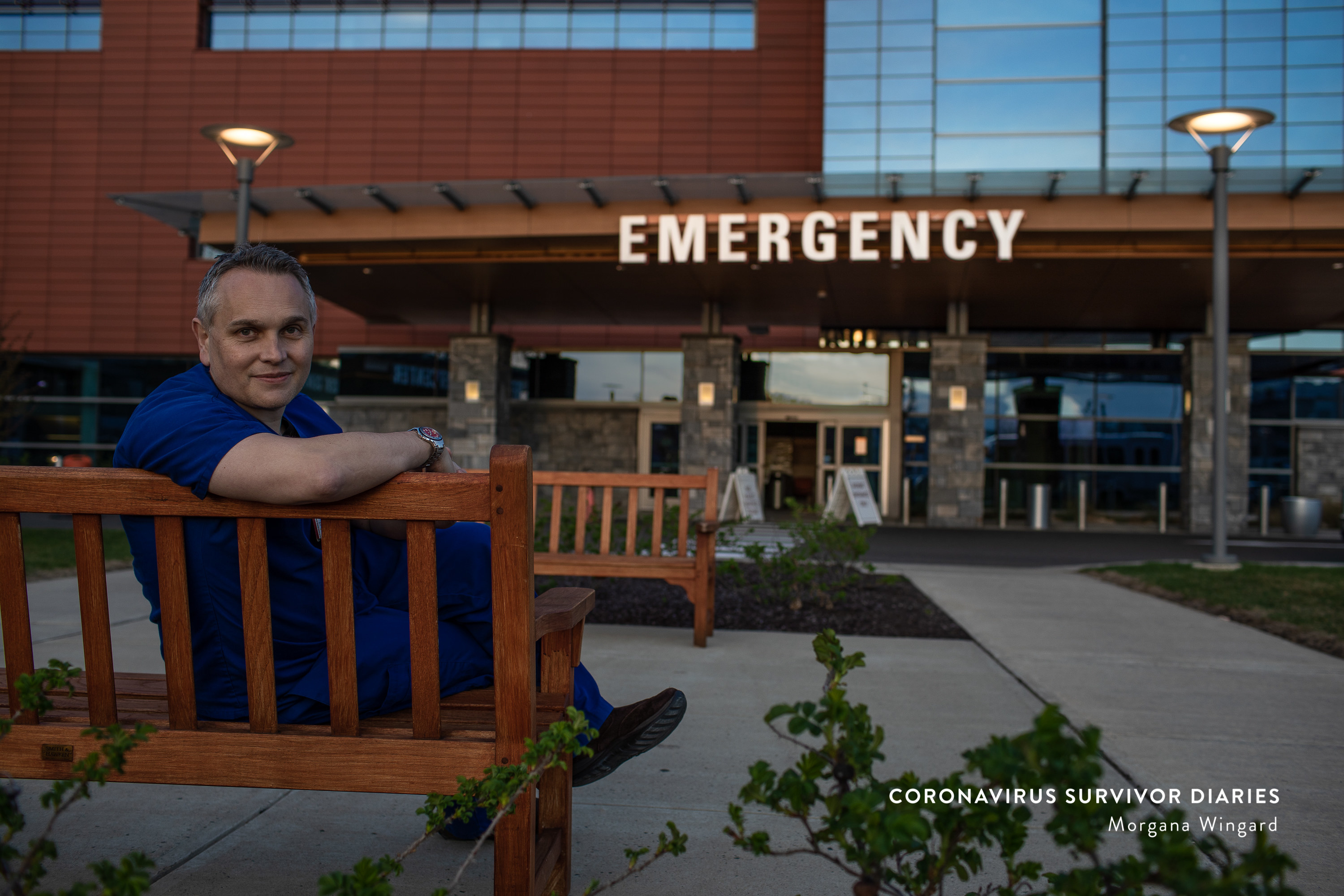
Paul from Long Island, New York
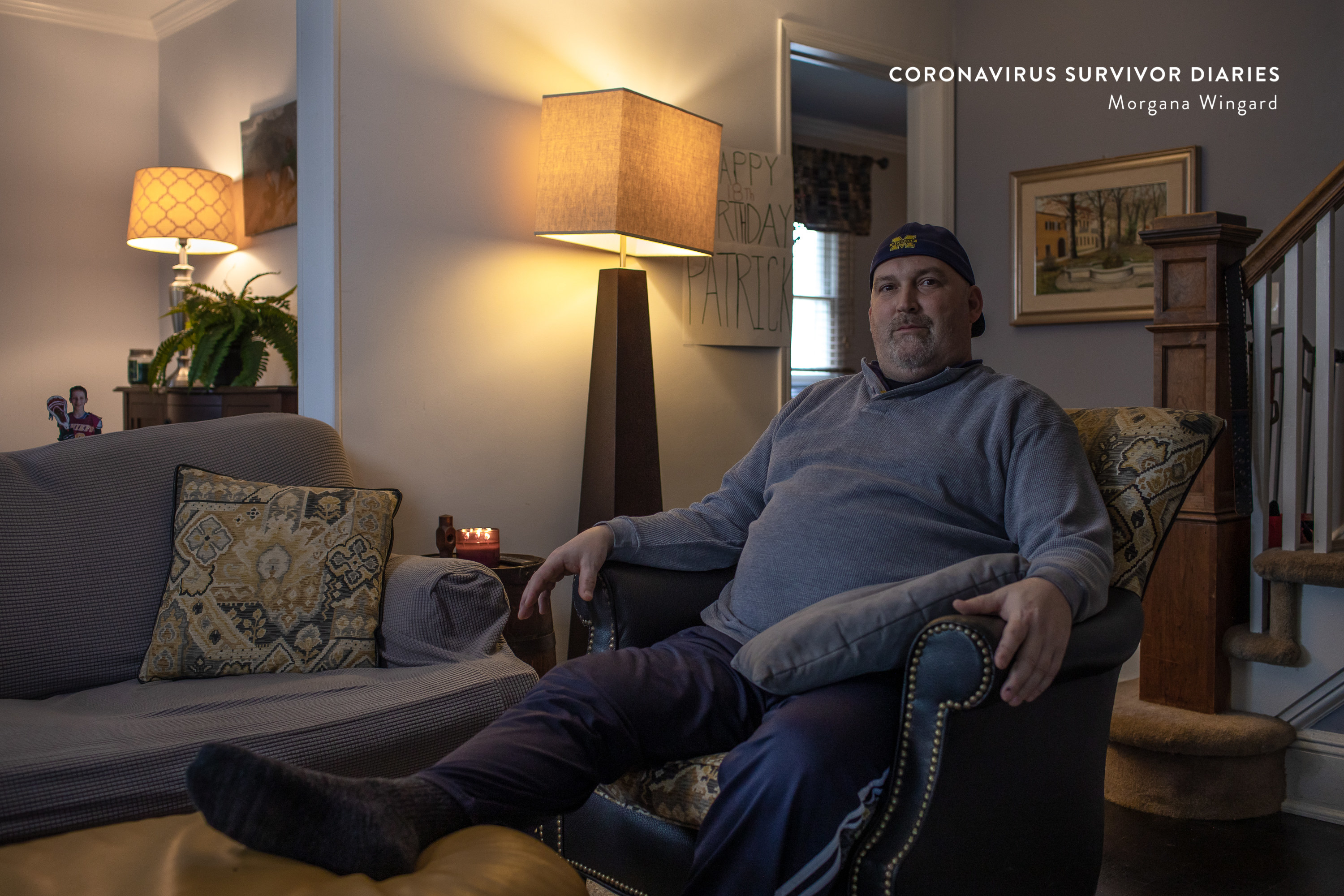
James from Brooklyn, New York City
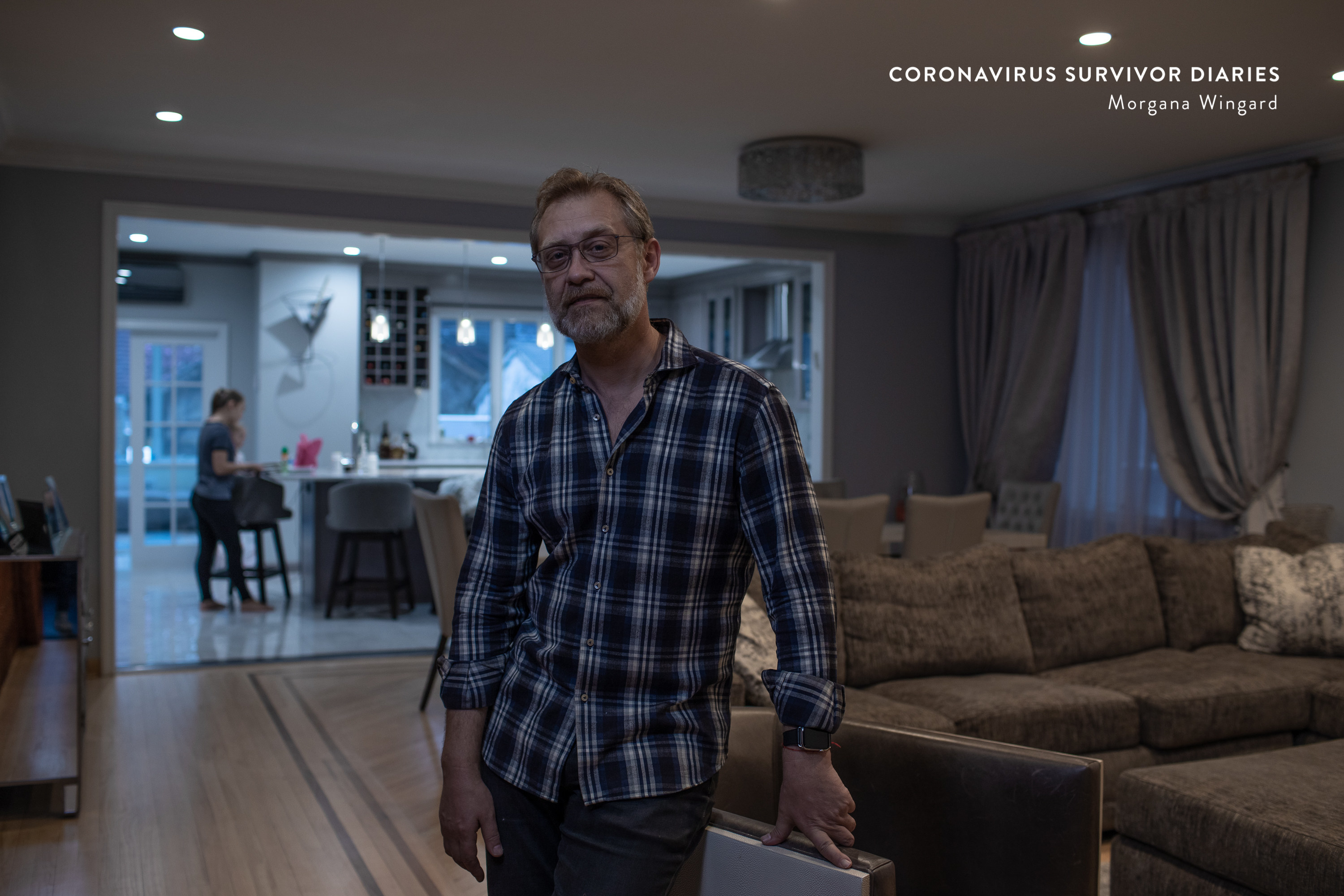
Jillian and Jessica from New York City
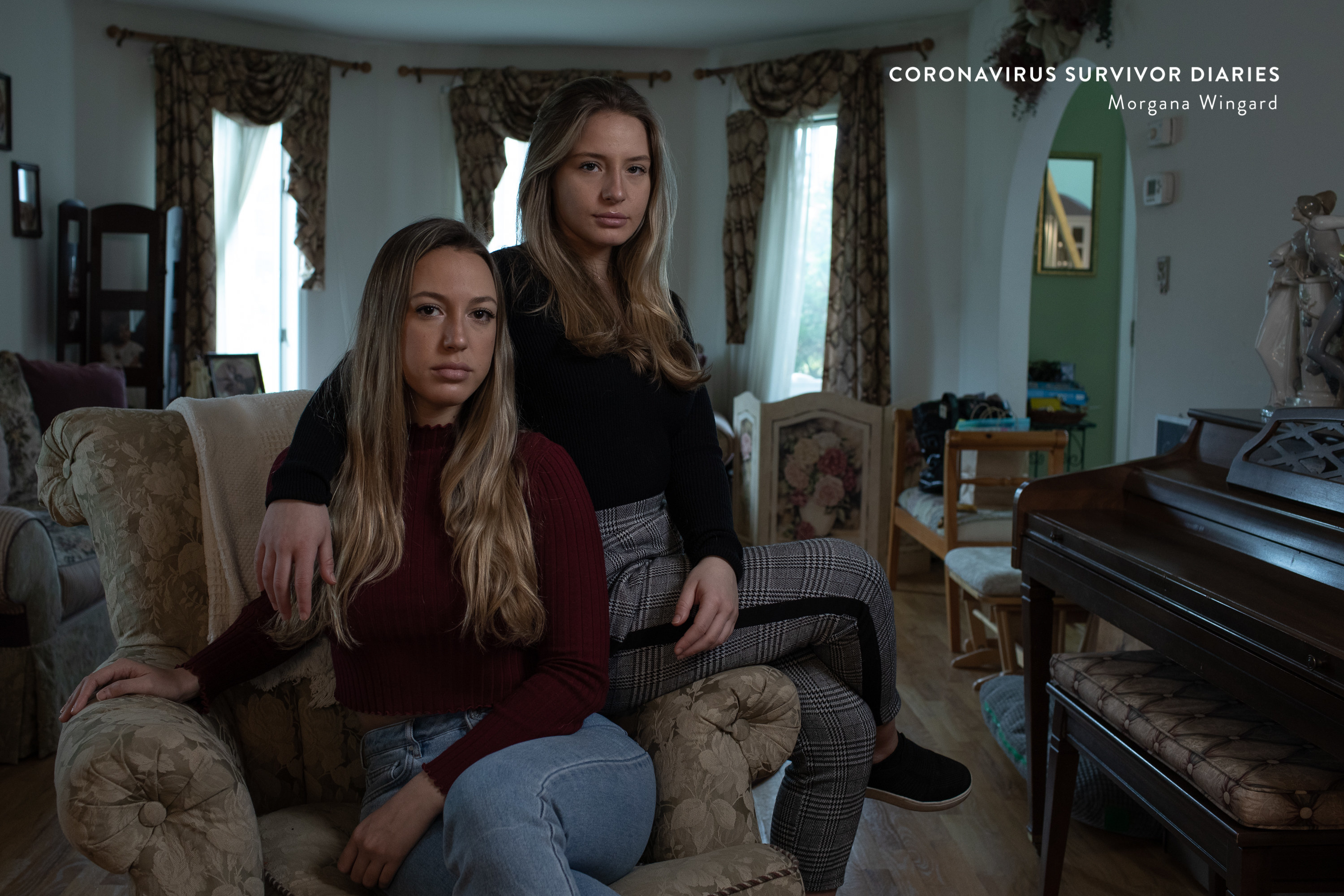
Michael from New Jersey
